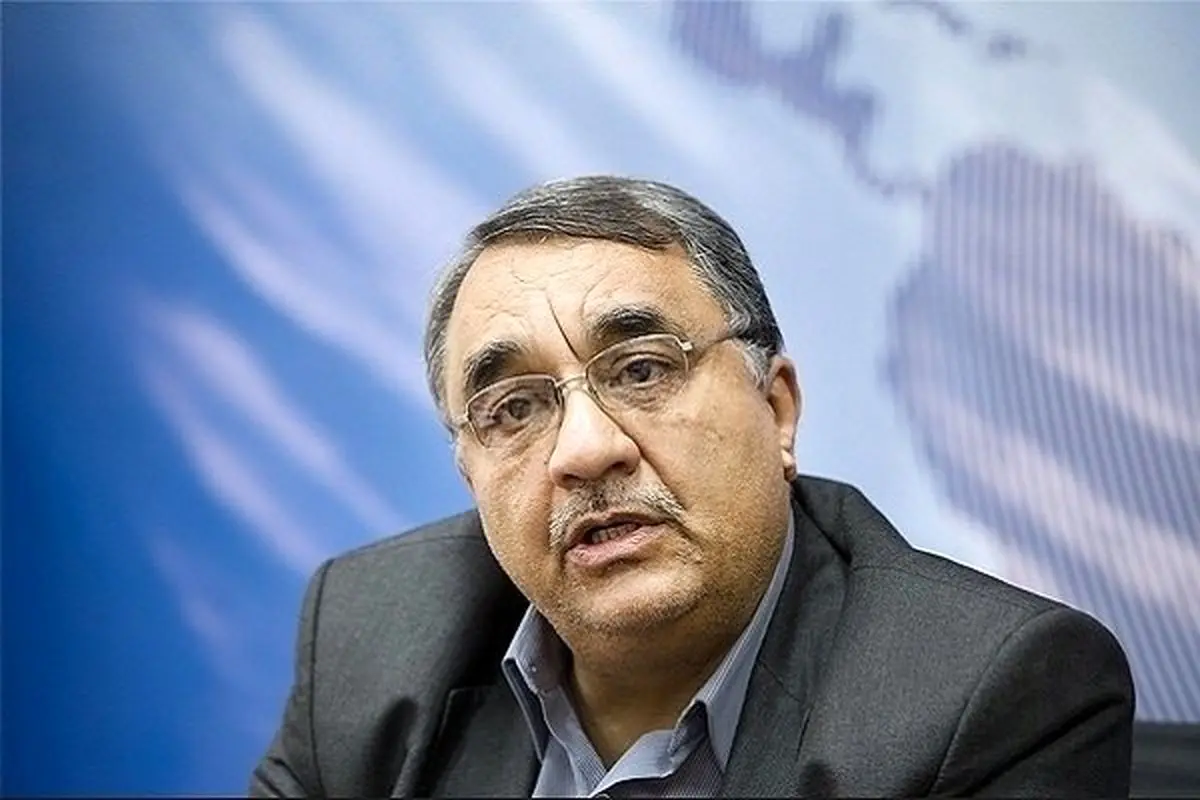SAEDNEWS: Geopolitics expert Abdulreza Faraji-Rad says Iran’s recent Geneva talks with European powers were aimed at showing negotiation readiness, but Europe shows little will to prevent snapback activation, leaving Iran considering both European and Russian proposals for a six-month delay.

According to Saed News, Abdulreza Faraji-Rad, a geopolitics professor and former diplomat, spoke to Etemad Online about his assessment of Tuesday’s Iran-Europe meeting ahead of September 9, the date associated with the potential activation of the snapback mechanism, coinciding with Russia’s submission of a new draft resolution.
He said: “Yesterday’s talks in Geneva, although we did not have high hopes for a decisive outcome, were primarily conducted to show that Iran is ready to negotiate. Naturally, Iran demonstrated its readiness, but reaching an agreement requires concessions from both sides. Iran has certainly presented points that the European side must consider; however, unfortunately, the Europeans show no serious will to prevent the activation of the snapback mechanism in September. I imagine this matter must proceed in coordination with the United States, which likely will not agree to halt the mechanism. Therefore, Europe is moving toward activating it.”
Faraji-Rad continued: “Two main issues are at play: one is the six-month extension proposed by Europe, and the other is the six-month extension proposed by Russia. The European plan includes three conditions: clarifying the status of 408 kilograms of accumulated uranium, initiating negotiations between Iran and the US, and resuming International Atomic Energy Agency (IAEA) activities in Iran. In this regard, the IAEA has reached preliminary agreements with Iran and is currently present in Bushehr.
“On the other hand, Iran has announced readiness for indirect negotiations with the US, as confirmed by the foreign minister yesterday. The remaining issue is the 408 kilograms of uranium, which Iran says is mostly buried and post-bombardment. Even if Iran wanted to accept all three European conditions, Europe offers only a six-month suspension, which Iran finds insufficient and will likely reject.”
The geopolitics expert added: “Russia, by contrast, imposes no conditions and says only that a six-month extension should be implemented and Iran-Europe talks should begin. Iran has stated it will consider Russia’s proposal. Therefore, it is possible that both tracks proceed, leading to a solution that is neither fully aligned with Russia’s plan nor completely with Europe’s, potentially delaying the snapback mechanism by six months, though not on Europe’s terms.
“My prediction is that European demands will not differ much from those of the US, which seeks zero enrichment—a demand Iran rejects. The snapback mechanism that may be activated is considered illegal by Iran, because Europe accepted the JCPOA and UN Security Council Resolution 2231, which allow 3.67% enrichment, whereas Europe now demands zero enrichment, exceeding the JCPOA framework. Iran thus argues Europe’s actions are illegal, a view shared by Russia and China, which have communicated this to the Security Council.”
He concluded: “Yesterday’s negotiations produced no significant outcomes; Iran presented proposals for continued bilateral interaction. We must wait to see the results. Moreover, the Iranian president will travel to New York in less than a month, which could provide an opportunity to meet European leaders and other officials. This visit is highly important, and we await its potential achievements.”

